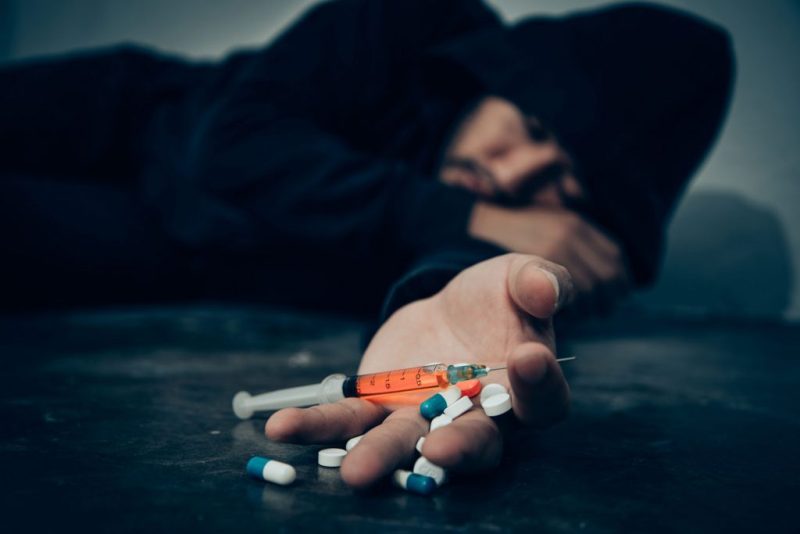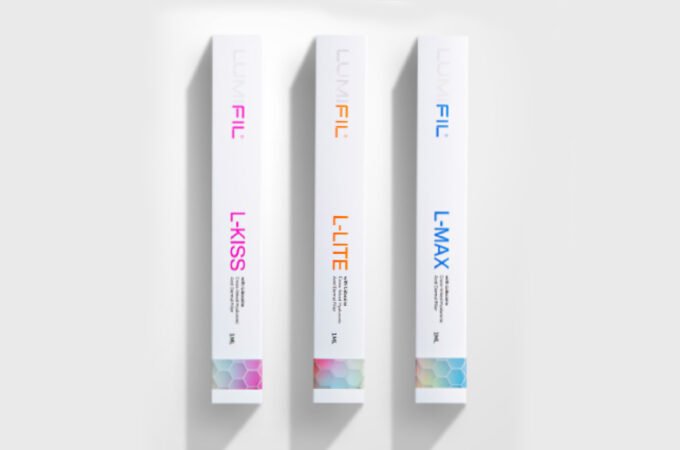
30 Day Drug Addiction Treatment – Is It Enough?
Rehab programs help the addict to walk the path of sobriety, leaving the drug abuse in the past. However, the walk of a drug-free state is a journey that lasts a lifetime. Many people spend a lot on drug rehabilitation programs, only to relapse in the first year after finishing the treatment. In light of this, drug rehab centers have started offering value-added services and packages to provide the addict with a complete cure, even after the 30-day or 60-day programs end.
For a 30-day addiction program, you can choose an inpatient or outpatient program. The structured and thorough care, accompanied by inpatient drug rehab in New Jersey, benefits the addict effectively. On the other hand, when there are work responsibilities to attend to, one can also opt for an outpatient service due to the program’s flexibility. Another option could be seeking help from online suboxone doctors because they can really help you out at your own convenience.
Why 30-Day Rehab Programs?

A lot of people do not want to accept the fact that they are addicted to certain drugs. Since such people believe that they do not need any help, it is better to recommend a short program of one month as they are unwilling to try a long-term plan and stay committed to it. Admitting that a person needs help with drug abuse is overwhelming and scary. However, there is no harm in making a short-term commitment to a month program, which can help ease the fears. There is a considerable success rate in such cases when the patient realizes they need to follow the right path and might voluntarily enroll themselves for a more extended program.
The Science behind Why 30 Days is Less Time for a Complete Cure
The primary and initial process in a rehab center is the detoxification of the body. For the person to incline towards the recovery process, eliminating toxins and drugs from the body is crucial. Therefore, the first week or two do not constitute any recovery as the detoxification process pushes the body to purge itself out of drugs. During this phase, the person goes through a lot of withdrawal symptoms, which also need treatment. All this hassle takes typically three weeks, which points out that a 30-day program is not enough for a full recovery.
In addition to that, a considerable part of the recovery process lies in the modification of the behavior. Rehab centers use cognitive behavior therapies, multidimensional behavior therapies, and counseling sessions. The recovering patient has to learn to do things in a new manner to support a sober lifestyle. A period of four weeks is not adequate for a person to learn about the severity of the addiction and acquire healthy habits. In other words, the length of the duration is an excellent predictor of the person’s recovery rate and relapse rate.
What to do after the 30-Day Program?

One month rehabilitation programs offer the addict a chance to recover and come clean from the drug abuse. One of the prime characteristics of such programs is that they do not need a long-term commitment. Nonetheless, the center provides other options to the recovered patients to continue their activities to avoid any relapse. You can continue with the rehab program if you voluntarily feel that you need to work more not to fall prey to relapse in the future. You can also transition into outpatient rehab centers near you by participating in ongoing aftercare to maintain the newly obtained sobriety.
Are Short-Term Rehabs Proportional To Short-Term Recovery?
It is not entirely correct to say that short-term rehabs are proportional to only short-term recovery and eventually end up in relapse situations. Many people believe that a month’s rehab program is enough to gain a complete antidote. However, it depends solely on the situation and severity of the addiction. A considerable part of the recovery program is to teach the person to abstain from the drug. If there are lively surroundings outside the rehab facility, the person is in a better position to tackle relapses.
However, a large chunk of people does not benefit from 30-day rehab programs. The National Institute on Drug Abuse states that up to sixty percent of patients enrolled in short-term rehab programs relapse sooner or later. Whenever our body gets habitual to addiction, our brain endures intense changes. For a person to get back to its standard wellbeing, the duration of a month is less time, which pushes the person back to the drug abuse.
Drugs cruelly cripple the person, and obtaining recovery is not easy once your body becomes habitual towards the drugs’ intake. For an addict, a life free from drugs means a new structure, an original purpose in life with constant vigilance and support from friends and family.




